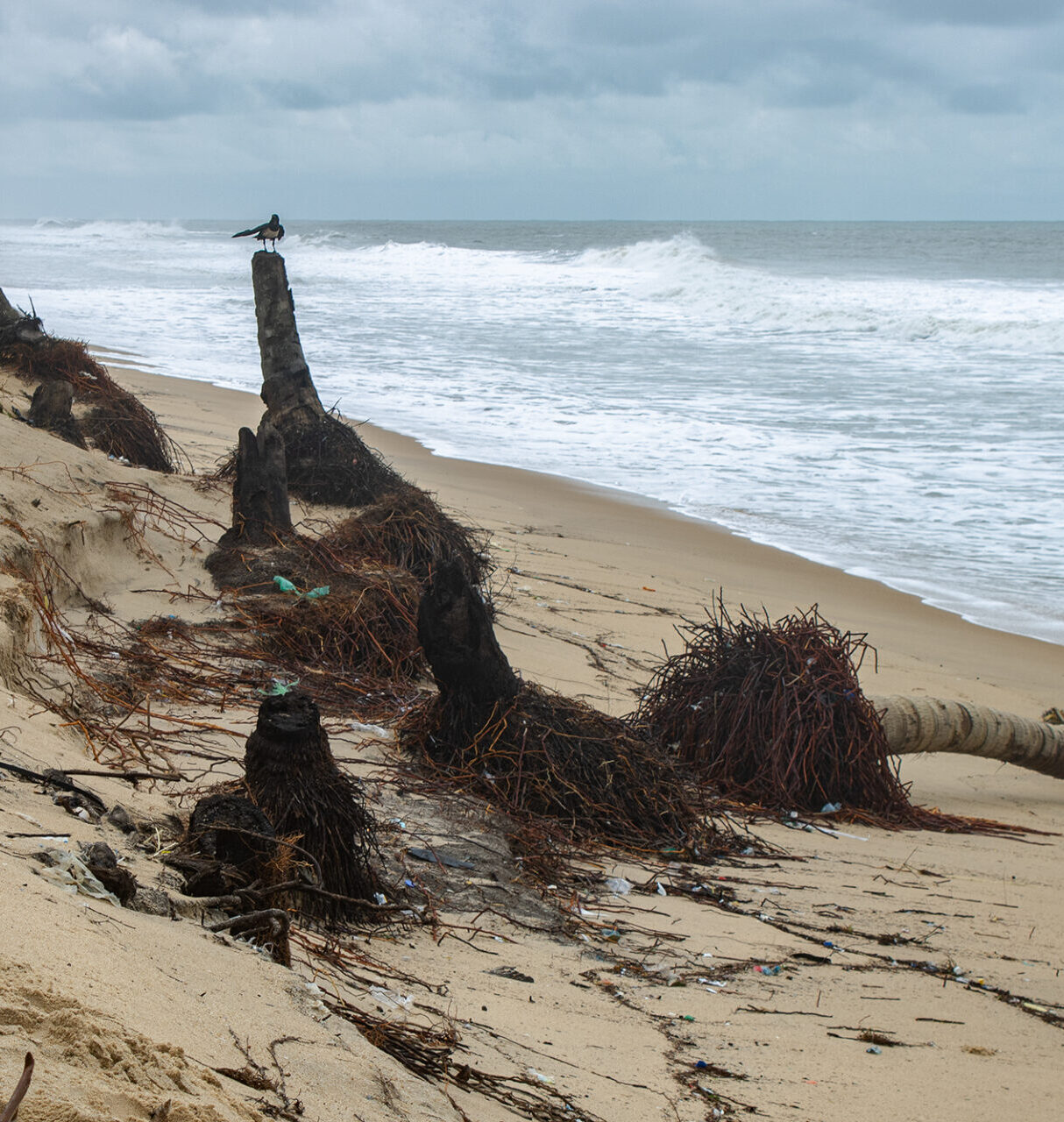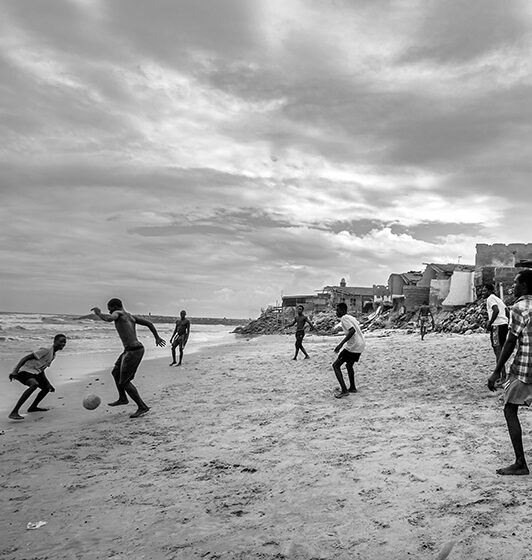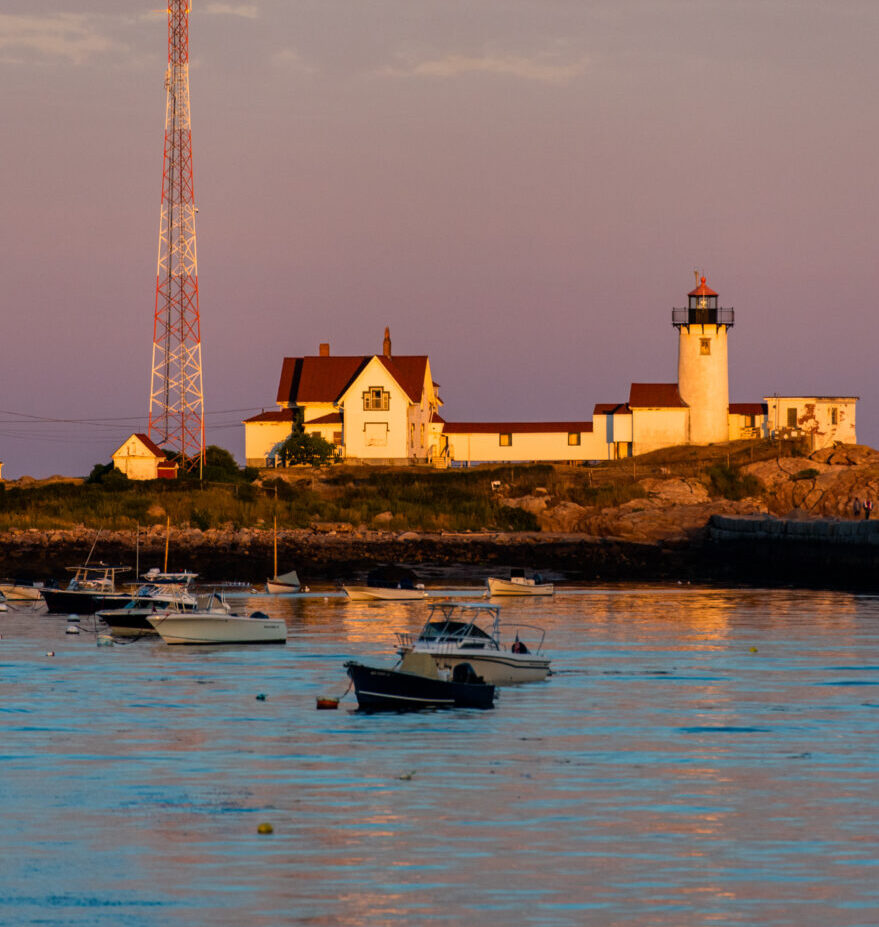Climate change is threatening patient care—Here’s how clinics can adapt
Hot summer days have started to make me nervous. As an ER doctor, I worry about the heat and what it means for my patients. I’m especially worried about older adults, people who work outside, and patients with chronic health conditions that can worsen in the heat. Heatwaves in Boston are now a recurring public health threat, and the science is clear: the problem is getting worse.
Climate change is intensifying extreme weather events ranging from heatwaves to storms. Those of us who care for patients must now ask how we can protect our patients and ensure our healthcare system is prepared for escalating climate impacts.
How climate change makes it harder to provide care
Free and charitable clinics, federally qualified health centers, and other frontline health clinics serve millions of uninsured, underinsured, and low-income patients across the United States, many of whom are already vulnerable to health inequities. Many rely on these clinics to manage chronic conditions like diabetes, cardiovascular disease, and respiratory illnesses, all of which can worsen with heat, poor air quality, and other disruptions caused by climate disasters. For example, during the 2021 Pacific Northwest heat dome, emergency rooms were overwhelmed with heat-related illnesses, and hundreds of people—many of them elderly or low-income individuals without air conditioning—died from heat exposure.
At the same time, climate-driven supply chain breakdowns make it harder for clinics to maintain operations. After Hurricane Maria in 2017, damage to a major intravenous (IV) bag manufacturing plant in Puerto Rico led to a nationwide shortage, forcing hospitals and clinics to ration critical treatments like hydration therapy; a similar shortage occurred after a different plant was damaged during Hurricane Helene in 2024. Clinics with limited financial flexibility are hit hardest, as they struggle to absorb supply disruptions and rising costs.
Our research confirms that climate hazards are straining health care delivery. More than four out of five staff members at frontline clinics reported that climate-related events are already leading to disruptions in care – with causes ranging from power outages and staff shortages to facility closures – according to a nationwide survey carried out by the Center for Climate, Health, and the Global Environment (C-CHANGE) at Harvard and Americares. These disruptions threaten patient safety, limit access to life-saving treatments, and stretch already limited resources.
What health clinics need
Climate change is complex, but there are practical, actionable steps clinics can take to protect their patients during climate hazards.
Education
Health professionals need guidance on educating patients about climate-related health risks, but many clinic staff lack training on how to translate that knowledge into patient care. Strengthening education for both staff and patients has the potential to improve patient outcomes; more research on the effectiveness of this relatively low-cost approach is urgently needed.
Patient support
Clinics need access to reliable resources to support patient care during climate events, including action plans, tip sheets, and information on accessible community and government resources. Nearly half of the frontline health clinic staff we surveyed expressed a strong interest in using such succinct resources to improve climate preparedness.
Knowing when to act
Clinics need real-time data, like that from the National Weather Service Heat Risk tool, as outlined in the WHO Climate Resilient Health Care Framework. Clinics with early warning systems for extreme heat are more likely to implement protective measures, such as adjusting clinic hours or advising at-risk patients to avoid outdoor activity during peak heat.
Solutions to fill the gap
Frontline clinics, which have fewer financial resources and more patients susceptible to climate risks, have a unique set of needs. We’re working with organizations including Americares and Climate Central to develop tools that help educate their providers and staff, identify efficient and affordable solutions, and provide real-time data.
Our Climate Resilience for Frontline Clinics Toolkit provides risk assessment templates, emergency planning checklists, and education materials for patients and providers to prepare for extreme heat, hurricanes, flooding, and wildfires. Our Climate Health Action Plans guide clinic leaders generating custom interventions. For example, clinics can establish a safety telephone hotline to provide patients with assistance, information and resources during extreme heat or wildfire smoke. Using Climate Central’s Realtime Climate alert system, we also distribute location-specific heat alerts with details about who is most at-risk to frontline clinics.
Clinics are already taking action to build resilience using these and other resources. One in North Carolina deployed multilingual patient education materials alongside sandbags during Hurricane Debby in 2024. California facilities are installing solar panels for medication refrigeration during outages; a hospital group in New York City is building a flood wall to protect infrastructure.
Preparing for the future
We can’t afford to wait until the next climate disaster. Research shows that investing in preparedness now can save at least $7 for every $1 spent on disaster risk reduction. By equipping health clinics with the right tools, resources, and partnerships, we can build a more resilient health care system—one that protects both patients and providers in an era of climate uncertainty.














